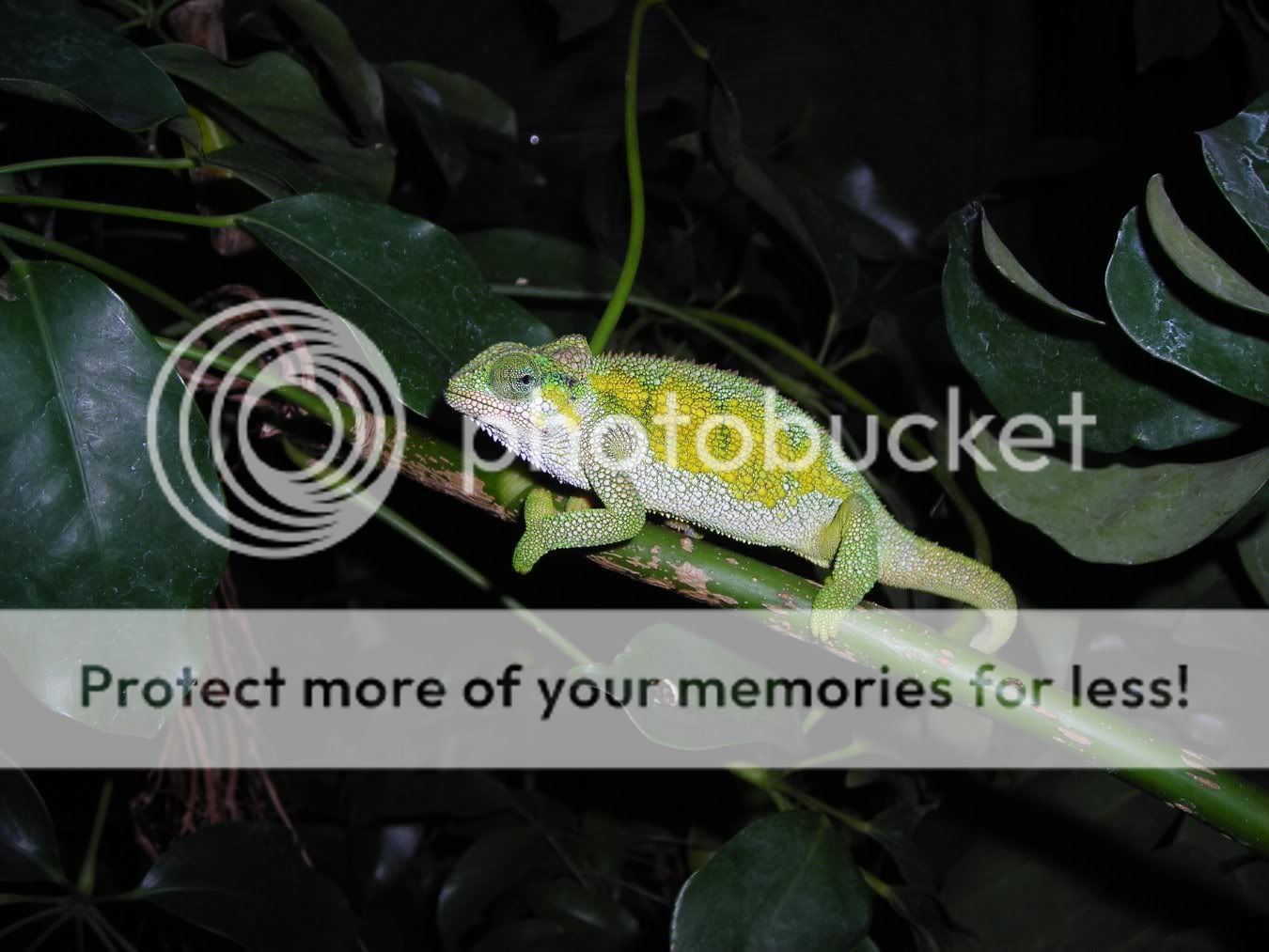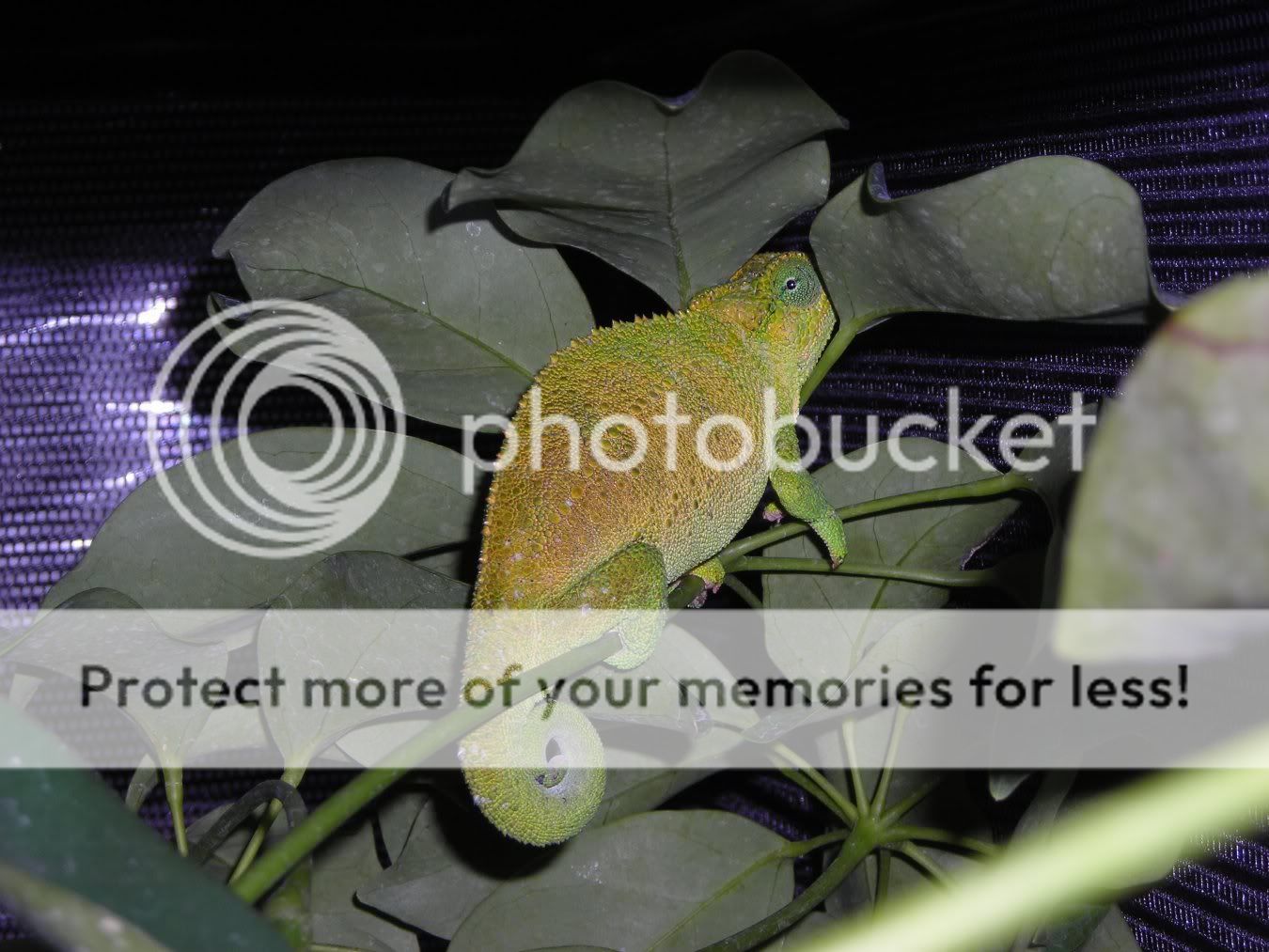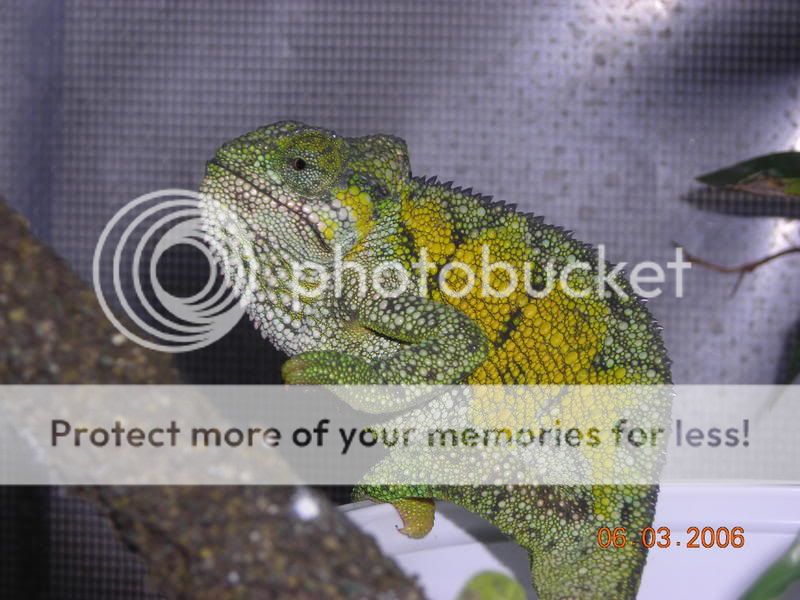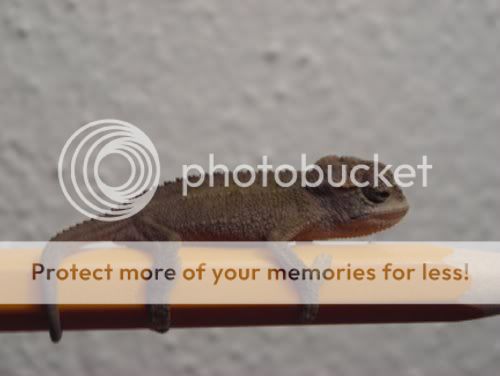Anyone have long term success with rudis? I am interested in this species and am curious what indoor temperature gradients and humidity levels have produced the best results. I have already read a few caresheets, and would like to hear from members with personal experience.
Navigation
Install the app
How to install the app on iOS
Follow along with the video below to see how to install our site as a web app on your home screen.
Note: This feature may not be available in some browsers.
More options
You are using an out of date browser. It may not display this or other websites correctly.
You should upgrade or use an alternative browser.
You should upgrade or use an alternative browser.
rudis
- Thread starter Brad
- Start date
Chamgirl
Avid Member
I have owned my own male Rudis since 17th November 2003. That means he is aged approx 4 years old as he was at least 6 months old when I bought him. I keep him in exactly the same way as most other species I have kept over the years. I live in England so my husbandry methods will differ to usa. I use a 60 watt basking bulb.
I recommend these little chameleons (smallest species of the 'true' chameleons) as they have great personalities and are very lively
I recommend these little chameleons (smallest species of the 'true' chameleons) as they have great personalities and are very lively
Heika
New Member
I have owned my own male Rudis since 17th November 2003. That means he is aged approx 4 years old as he was at least 6 months old when I bought him. I keep him in exactly the same way as most other species I have kept over the years. I live in England so my husbandry methods will differ to usa. I use a 60 watt basking bulb.
I recommend these little chameleons (smallest species of the 'true' chameleons) as they have great personalities and are very lively
Hi Lisa,
If you have the time, I would be really interested in seeing some pics of your cages and hearing more about your husbandry methods. It does seem that there is a pretty wide gap between how chameleons are kept depending upon which side of the pond we are on...
Heika
rudischameleons
New Member
hey i have had 2 clutchs from my 2 rudis there great all there babies a getting big. Ive had great succses with them my male always rushes over to greet me when i open his cage his favorite thing is to sit on my shoulder hes my little pal.he goes anywere with me and always has bright colors and Ive never seen him turn black.
Reed-
ill post some pics
Reed-
ill post some pics
Jerm
Avid Member
I have kept some rudis in the past. They need higher humidity levels and cooler temps than most common species. The definately need a basking spot though, they love to bask. They are prone to respiratory infections, which could be caused by low humidity. If you have a colony of them in a large enclosure they will gather up in a group to sleep at night. They seem to be more social than other species. Some people say that it is better to house the male seperate from the females if you want them to reproduce. They seem to be a pretty hardy species as adults but the babies are touchy.








Similar threads
- Replies
- 12
- Views
- 776





